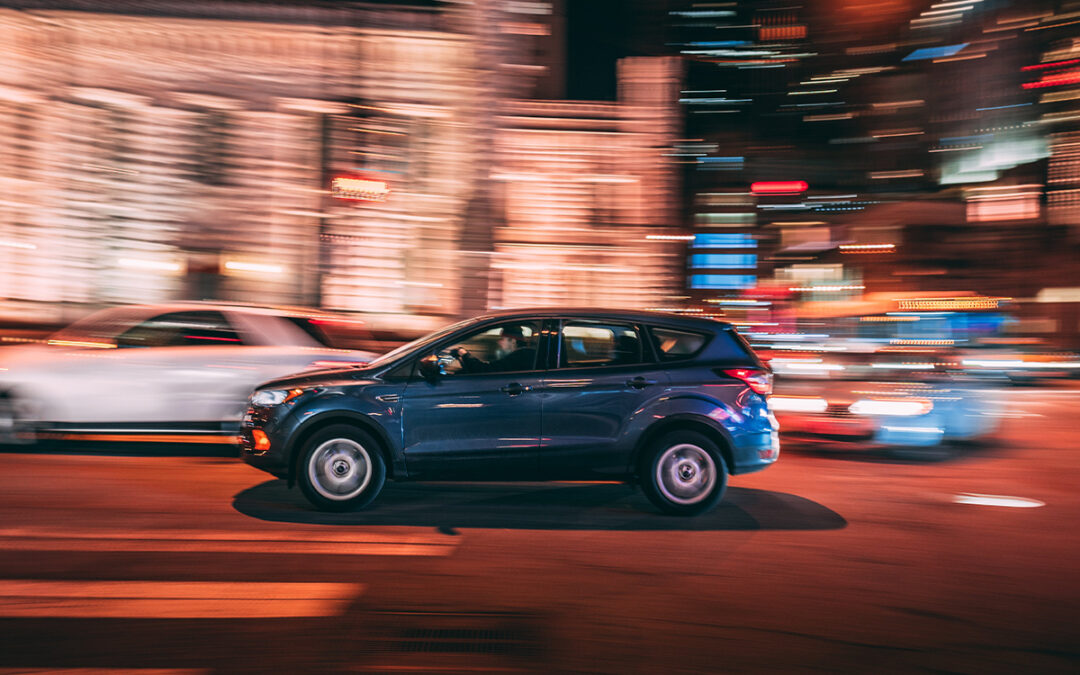SUVs, as sport utility vehicles, are often criticized for their large size, high fuel consumption and contribution to greenhouse gas emissions. In return, defenders of SUVs emphasize their popularity for their comfort, versatility and increased safety. However, with growing pressure for sustainable mobility, the question remains: should we really ban these vehicles in urban centers like Paris?
But what exactly is an SUV?
An SUV, short for Sport Utility Vehicle, is a type of vehicle designed to offer both off-road driving characteristics and utility capability, often characterized by a more imposing silhouette and raised chassis compared to traditional cars.
Why do SUVs have a bad reputation?
Tip-over Risk: SUVs have a higher center of gravity, which increases the risk of rollovers. The rollover rate for SUVs would be 16,6%, compared to 9,8% for classic cars.
Accidents with Smaller Vehicles: Accidents between SUVs and smaller cars can lead to serious consequences. Car occupants are more likely to be killed in collisions with SUVs than in accidents between cars of similar size, according to insurance figures.
Braking Distance: Due to their greater weight, SUVs may have a longer braking distance. An IIHS study showed that SUVs had a longer braking distance of 6 to 9 feet compared to cars of similar size.
Pedestrian Safety: SUVs can pose an increased risk to pedestrians, especially children, due to their height and structure. A European Commission analysis indicates that pedestrians struck by SUVs have an increased risk of death compared to collisions with lower cars.
Greenhouse Gas Emissions: Due to their size and weight, SUVs generally have higher fuel consumption, thus contributing more to greenhouse gas emissions. Figures from the International Energy Agency show that CO2 emissions from SUVs increased by 0,5 gigatons between 2010 and 2018.
Details of this vote
The Parisian municipality has therefore scheduled a vote for February 4 on the presence of the most imposing, bulky and polluting SUVs in the capital. This consultation aims in particular to gather citizens' opinions on the establishment of special pricing for the parking of these vehicles.
In addition, several districts will offer voters the opportunity to express their opinion on local issues. This initiative stems from a decade
of municipal policies aimed at reducing the place of the individual car in Paris, while, paradoxically, the size and weight of vehicles, in particular SUVs, have experienced constant growth.
The latter, which now represent 40% of sales, raise issues linked to pollution, safety and the equitable distribution of public space.
The subject put to the vote will concern the creation of a specific rate for the parking of heavy, bulky and polluting individual cars.
With its large size, an SUV combines the characteristics of a passenger car and those of a utility vehicle, it weighs 200 kg more than a standard vehicle, measures 25 cm more in length and 10 cm more in width .
How will the vote go?
The vote will be held on February 4, 2024 in all districts of Paris, from 9 a.m. to 19 p.m. It is important to note that the vote will be exclusively physical, and the use of proxy will not be authorized due to the municipal nature of this consultation.
The polling places, numbering 38, will be distributed throughout the city with 222 polling stations. Citizens must vote in the district corresponding to their registration address on the electoral lists.
Paris Center Town Hall
2 rue Eugène Spuller – 75003
Polling stations are open
from 9AM to 19PM
Climate Academy
2 place Baudoyer – 75004
Polling stations are open
from 9AM to 19PM
Text: Katia Barillot
31.01.24
NEWS, IT'S THIS WAY
Notre-Dame: dismantling of the scaffolding has begun
The gigantic repair project at Notre-Dame de Paris cathedral is coming to an end. The dismantling of the spire scaffolding has begun. It is visible again with, at its top, a rooster which sits in majesty. In ten months, visitors will be able to return to the places whose reopening is planned...
Vote on SUVs: The results in Paris-Centre
Paris voted against SUVs. But only 6% of residents went to the polls. Of the 1 Parisians registered, 374 took part in the ballot. With 532% of votes in favor, the majority expressed their desire to tax these behemoths of the Parisian streets.
A memorial to the 2015 attacks behind City Hall
New York has its September 11 memorial, at the foot of Manhattan. Paris will have its November 13 memorial, in the Marais, just behind the City Hall, on the square in front of the Saint-Gervais church. Already, access to rue François-Miron has been blocked for buses and motorists. We will only pass there on foot.
NOW ON THE MOOD MARSH
Jazz at 38Riv: The highlights of May
The only jazz club in the Marais, 38Riv is the temple of cool and swing. Rue de Rivoli, between Saint-Paul and Hôtel de Ville, its vaulted cellars are the home base of the new jazz scene. Every evening, the magic happens.
The Enfants Rouges market, everyone loves it
Restaurants, merchants, a photo store, a bookstore... This is how the Red Children's Market presents itself, unique in its kind in the Marais and its capital because it is the only one to offer such a varied and varied range of restaurants. qualitative.
The Marais Jewish quarter in Paris
From the 13th century, the Marais was home to a Jewish community which remained there until its expulsion in the 14th century. Fleeing poverty and persecution, Jews from Eastern countries and those from Alsace settled there in the 19th century. Around rue des rosiers and Place Saint-Paul renamed Pletz…







